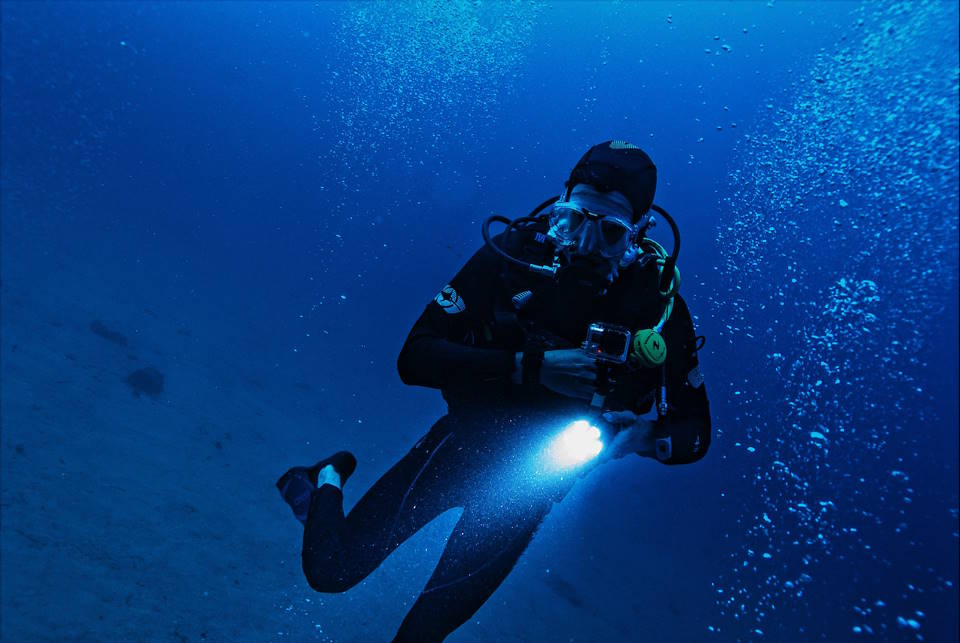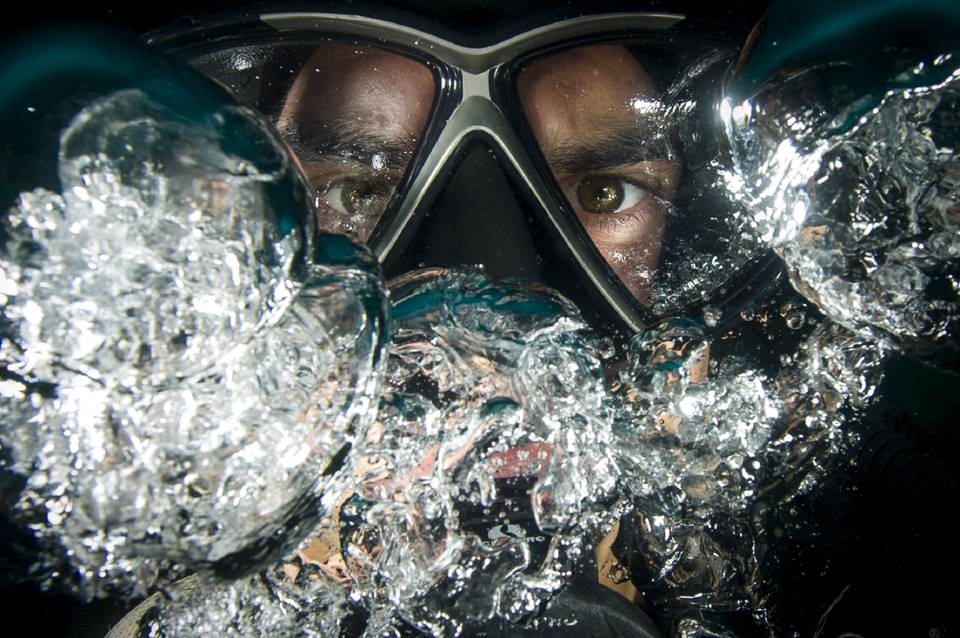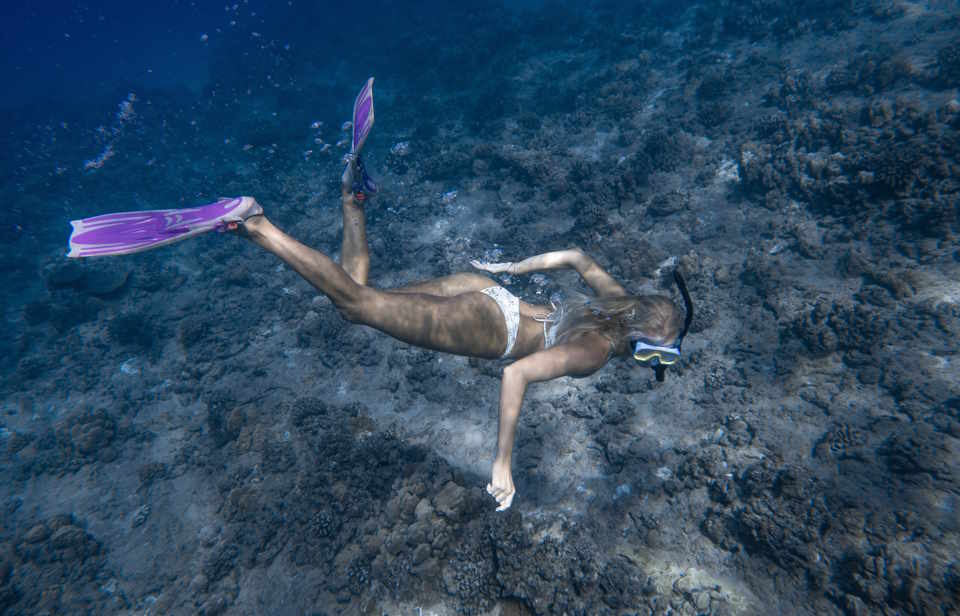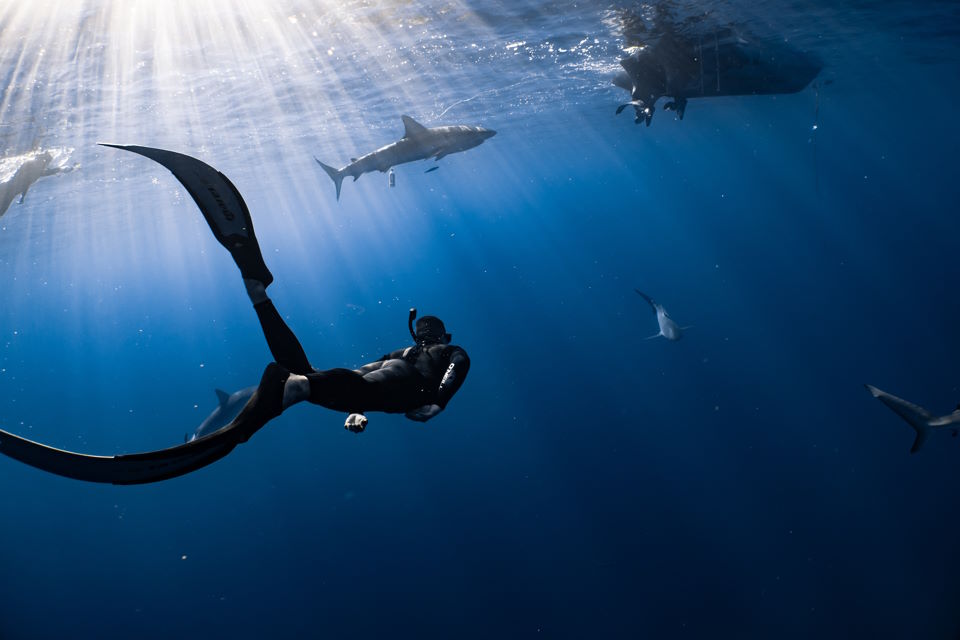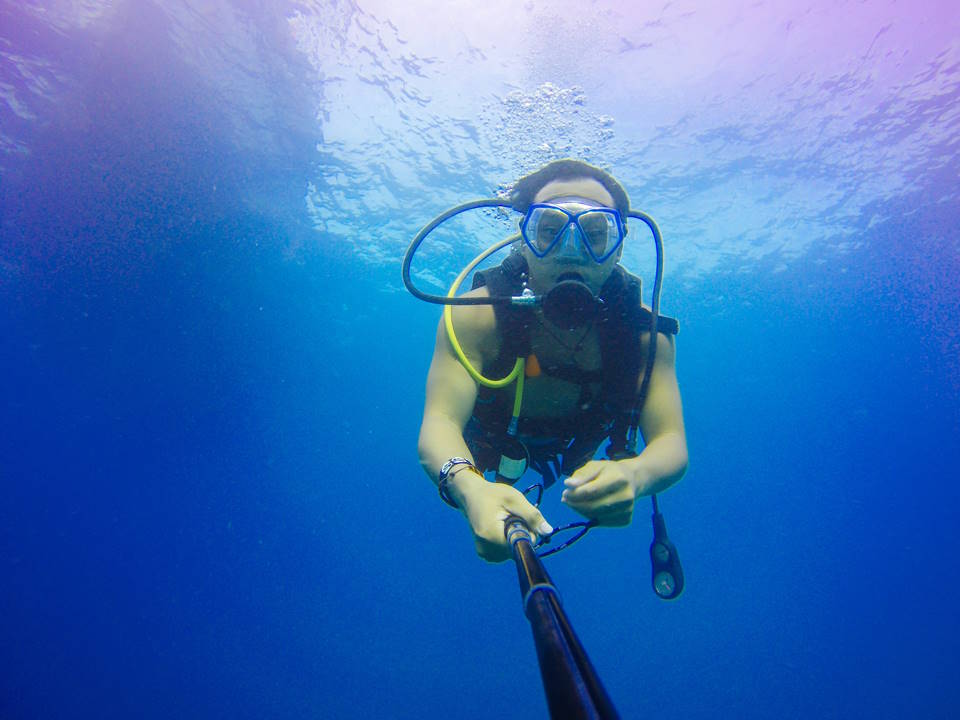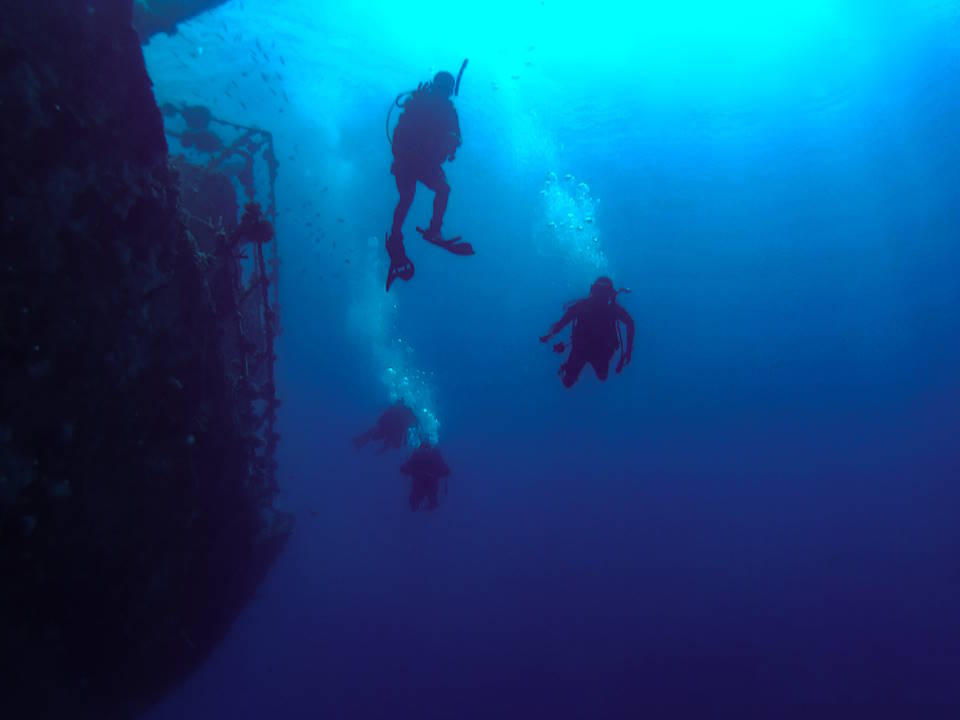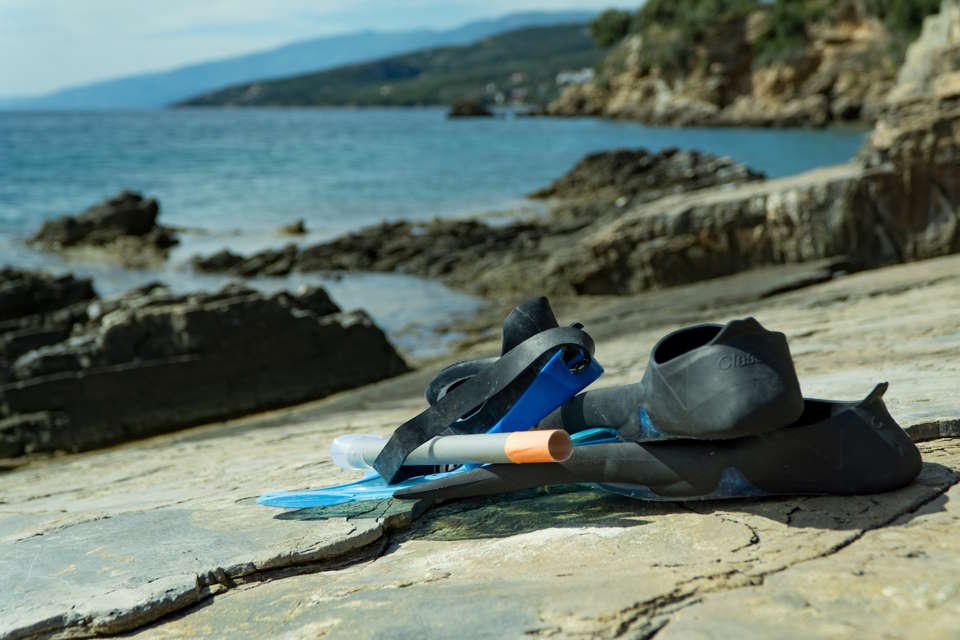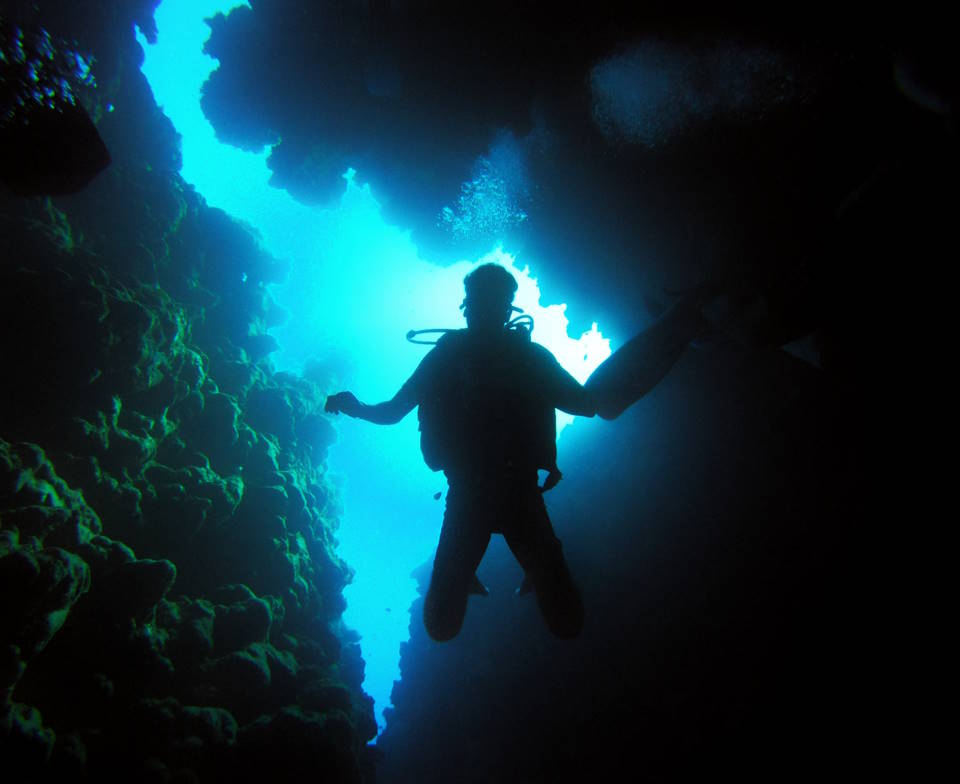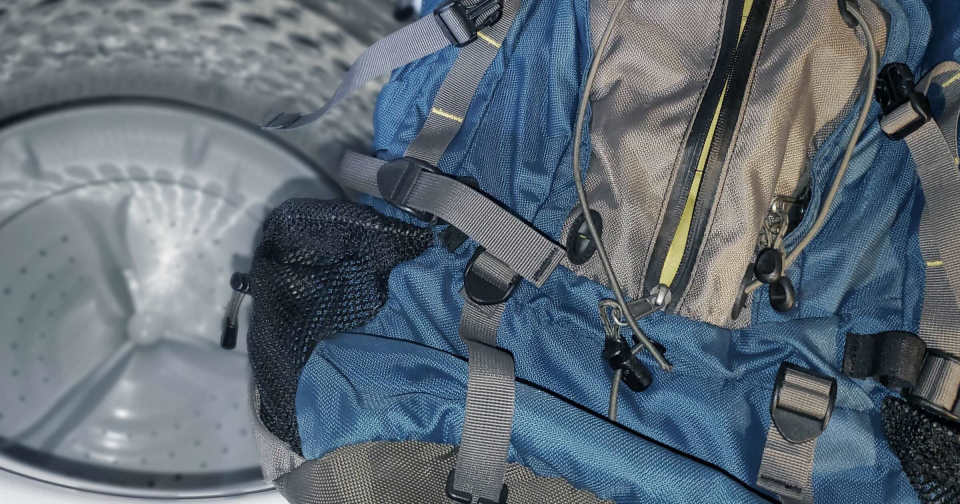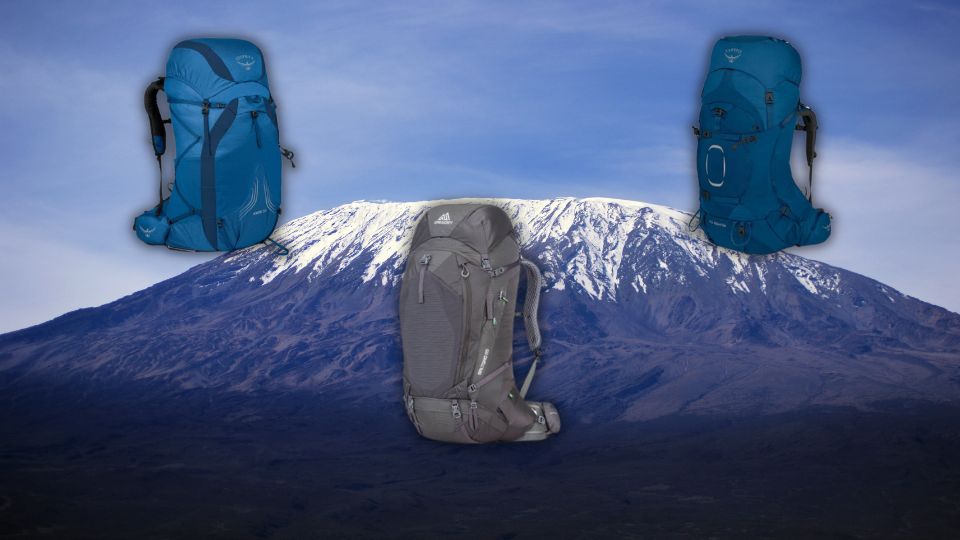If you’re planning a beach vacation, you might be considering trying out snorkeling or scuba diving. There’s no doubt that both activities offer a unique and exciting way to explore the underwater world. However, you might be wondering which one is easier or safer for beginners. We’ll explore the differences between snorkeling and scuba diving and address some common questions and concerns. We’ll also discuss the potential dangers of both activities. Whether you’re a seasoned diver or a curious first-timer, keep reading to learn more about these thrilling aquatic adventures.
Introduction
Scuba diving and snorkeling are both popular underwater activities that allow one to explore the marine world. Snorkeling is seen to be an enjoyable activity for tourists, given that it is less expensive compared to scuba diving. Snorkeling involves swimming on the water’s surface while wearing a snorkel to breathe, allowing the swimmer to view the ocean. It is a great way to experience marine life without too much effort, as all you need is a basic understanding of swimming and the gear required to participate.
On the other hand, scuba diving allows one to go deeper into the ocean, breathe underwater using a regulator, and spend more time underwater, considering that a scuba tank contains more air than a snorkeling gear. In contrast to snorkeling, scuba diving requires training, equipment, certification, and supervision. One significant advantage of scuba diving is that it allows one to access and explore deeper regions of the ocean, including shipwrecks, vibrant coral reefs, and exotic marine animals like sea turtles, eels, and sharks.
So, is scuba diving easier than snorkeling? It’s difficult to give a straightforward answer as both activities have their challenges and require different skills. Although snorkeling doesn’t require any training, scuba diving can be considered easier if a person is comfortable with the equipment and has received the necessary training. However, scuba diving can also be daunting for beginners who may feel uneasy about breathing underwater, wearing heavy gear, and the various safety protocols involved.
| Snorkeling | Scuba Diving |
|---|---|
| No certification required | Requires certification |
| Easy and less expensive | Requires training and more expensive |
| Limited to the water surface | Allows for deeper exploration of the ocean |
Is Snorkeling Safer Than Scuba Diving?
When you think of water activities, snorkeling and scuba diving immediately come to mind. Both are great ways to explore the underwater world, but many people wonder which one is safer.
First, let’s talk about what each activity entails. Snorkeling involves swimming near the surface of the water while wearing a snorkel mask and fins. Scuba diving, on the other hand, involves using special equipment to breathe underwater and diving to greater depths. With scuba diving, you are usually accompanied by a trained professional who can guide you through the experience.
- One major factor that makes snorkeling safer than scuba diving is that it does not require any special training or certification. Anyone can go snorkeling, as long as they are comfortable in the water and have the necessary gear. On the other hand, scuba diving requires extensive training and certification to ensure that you have the necessary skills to dive safely.
- Another reason why snorkeling is safer is that it generally takes place in shallower waters. Snorkelers can easily stay near the surface, where there is more light and visibility. Scuba divers, on the other hand, can dive to much greater depths, which can increase the risk of accidents like decompression sickness.
That being said, there are still some risks involved with snorkeling. For example, you may accidentally inhale water through the snorkel or get caught in a strong current. It’s important to always snorkel with a buddy and stay within your limits. Additionally, you should only snorkel in areas that are designated safe for swimming and have lifeguards present.
| Snorkeling | Scuba Diving |
|---|---|
| Shallower depths | Greater depths |
| No special training required | Extensive training and certification required |
| Lower risk of accidents | Higher risk of accidents |
Is It Easy to Learn Snorkeling ?
Snorkeling is a popular water activity that allows you to explore the underwater world without requiring any special training or equipment. Many people prefer snorkeling over scuba diving, as it is easier and more accessible. But the question is, is it easy to learn snorkeling?
The answer is yes! Snorkeling is a relatively easy activity that anyone can learn regardless of their age or fitness level. All you need is a good quality snorkeling mask, a snorkel tube, and a pair of fins, and you’re ready to go.
- First, you need to get comfortable with the gear and how it works. Spend some time in the shallow end of a pool, or calm waters, practicing breathing through the snorkel and clearing the water out of the tube.
- Once you’re comfortable with breathing and clearing the snorkel, practice kicking with your fins and swimming on the surface while breathing through the snorkel.
- When you’re ready, move to deeper water and start exploring the underwater world. Remember to always snorkel with a buddy and don’t touch anything in the water.
Learning to snorkel is not only easy but also a fun activity that allows you to connect with nature and experience the beauty of the underwater world. So grab your snorkeling gear and dive in!
Can Beginners Scuba Dive?
Are you interested in exploring the underwater world but hesitant to try scuba diving due to lack of experience? Don’t worry, as a beginner, you can definitely scuba dive and enjoy the beauty of the marine environment. Scuba diving is not restricted to professionals alone, and there are a number of training programs available for beginners to learn and experience scuba diving.
Before embarking on your journey, you will need to undergo basic scuba diving training where you will learn essential skills such as clearing your mask, equalizing your ears, and controlling your buoyancy. These skills may seem overwhelming at first, but they are necessary to ensure your safety and the safety of your dive buddy.
- The first step in learning to scuba dive is to complete a certified Open Water Diver course.
- During the course you will learn about equipment, safety, and the fundamentals of diving.
- You will also complete several pool dives for practice before heading out to open water.
Scuba diving is a relatively safe sport, especially if you follow the guidelines and protocols set forth by your instructor. It is important to remember that you should never dive beyond your comfort level, and always dive within the limits of your training. Moreover, always dive with a certified and experienced dive buddy who can assist you in case of any issues or problems.
With proper training, beginners can definitely scuba dive and enjoy the amazing underwater world. Scuba diving is a thrilling and rewarding experience that can bring you closer to the wonders of the ocean, and with patience and practice, you can become a skilled and confident diver. So what are you waiting for? Sign up for a beginner’s scuba diving course today!
What Are 3 Dangers of Snorkeling?
Snorkeling is an enjoyable and popular water activity that many people participate in during vacation or a beach trip. However, like any other water sport, snorkeling does come with some risks and dangers. It’s important to be aware of these potential hazards and take precautionary measures to ensure a safe and enjoyable experience. We’ll explore the three most common dangers of snorkeling that you need to be aware of.
- Unpredictable weather conditions: When it comes to snorkeling, weather conditions can make a huge difference in your experience. While calm waters are ideal for snorkeling, windy and stormy weather can create dangerous currents and waves. These can easily sweep a snorkeler away from the shore or push them towards rocks and other obstacles. It’s crucial to check weather forecasts and avoid snorkeling during rough weather.
- Snorkeling equipment malfunction: Your snorkeling gear is your lifeline when you are in the water, and any malfunction or defect can be disastrous. For instance, a defective snorkel can cause carbon dioxide buildup, leading to serious breathing problems. A faulty mask can obstruct your vision or cause water to enter your nose and eyes, which can be disorienting and dangerous. It’s essential to check and properly maintain your equipment before each snorkeling session.
- Marine life encounters: Snorkeling provides an opportunity to see the beautiful marine life up close. However, it’s important to remember that marine life can be dangerous, especially if you accidentally disturb them or get too close. Some common marine creatures to be cautious of include jellyfish, sharks, and stingrays. It’s best to avoid any marine life that you are unsure of or unfamiliar with to prevent accidents or injuries.
What Are 3 Dangers of Scuba Diving?
Scuba diving is an enjoyable activity, but it comes with inherent risks. Unlike other forms of water activities, scuba diving involves going deep underwater, which can result in various dangers. Here are three hazards that divers should be aware of before diving into the depths.
- Decompression Sickness: Decompression sickness, also called “the bends,” is a dangerous condition that occurs when a diver ascends too quickly to the surface. The rapid change in pressure can cause nitrogen bubbles to form in the bloodstream, leading to symptoms such as joint pain, numbness, and dizziness. Divers must follow the decompression guidelines to avoid this condition.
- Equipment Malfunction: Scuba diving equipment is crucial to ensure a safe dive. However, if the gear malfunctions, it can lead to dangerous situations. For instance, the regulator may fail to supply air, or the dive computer may give inaccurate information. Divers must inspect their equipment thoroughly before diving and make sure that it is in good working condition.
- Underwater Hazards: Scuba diving means exploring the underwater world. However, it comes with its own set of hazards like slippery rocks, sharp corals, and marine life. Some creatures can also be dangerous or aggressive, such as sharks, jellyfish, and eels. Divers must be aware of these risks and avoid touching or disturbing anything underwater.
Despite the hazards associated with scuba diving, it is a thrilling experience that offers a unique opportunity to discover the underwater world. However, divers must be well-prepared, follow safety guidelines, and take proper precautions to mitigate any danger that may arise during their dive.

